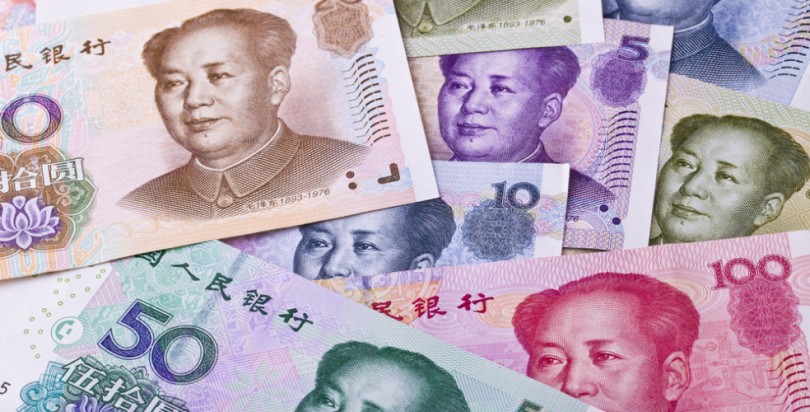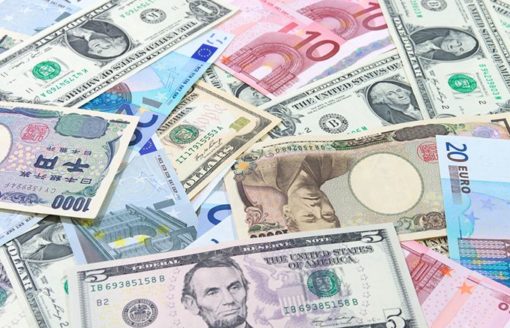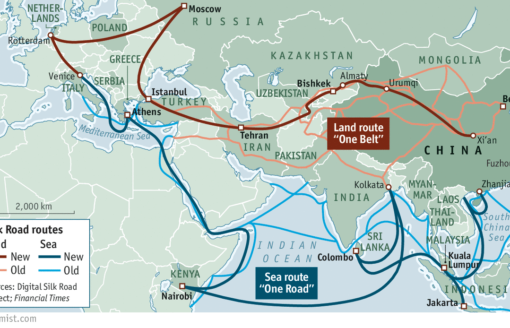The internationalization of Renminbi in Asia has made significant progress such that banks and businesses outside China can work with their Chinese partners to enable the currency to be utilized in markets on nationwide, regional and global levels through Singapore.
Singapore has been the financial hub for The Association of Southeast Asian Nations (ASEAN), comprising Singapore itself, Indonesia, Thailand, Malaysia, Philippines, Vietnam, Myanmar, Cambodia, Brunei and Laos with combined GDP estimated to reach almost $2.9 trillion in 2018, according to the International Monetary Fund. Economic integration among members of the regional bloc is deepening. For instance, Singapore invested more than $60 billion in 2015 to Malaysia and Indonesia alone. Singapore and financial institutions based in this island city-state have established profound connections with neighboring countries seeking the development of commodity trade and investment flows to continue easily.
Today, Singapore has become the preferred choice for Chinese financial institutions and corporations to facilitate their investments into ASEAN using Renminbi, as evidenced by the clearing volumes of the Industrial and Commercial Bank of China Singapore hitting a total of RMB 170 trillion at the end of July 2017. With the presence of more than 6,500 Chinese companies, including Baosteel, New Hope Group and Huaneng Group, Singaporean banks are helping them invest in the region through their local subsidiaries. In addition, big Chinese enterprises such as Lenovo have set up regional finance and treasury centers in Singapore to take advantage of the prowess of the island city-state’s banking and capital markets and fund their expansion in the region.
Besides multilateral trade among China and ASEAN countries as a catalyst, infrastructure projects related to the Belt and Road Initiative (BRI) will likely give the use of Renminbi in Asia a boost, as China wants lending of these projects to be in Renminbi instead of U.S. dollar.





Renminbi’s International Role